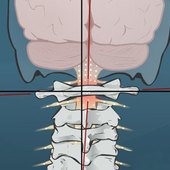- Home
- Looking For Help
- Team
- Community Initiatives
- Blogs
- Contact
- For Health Professionals
Find Neck Pain Relief with NUCCA Chiropractic
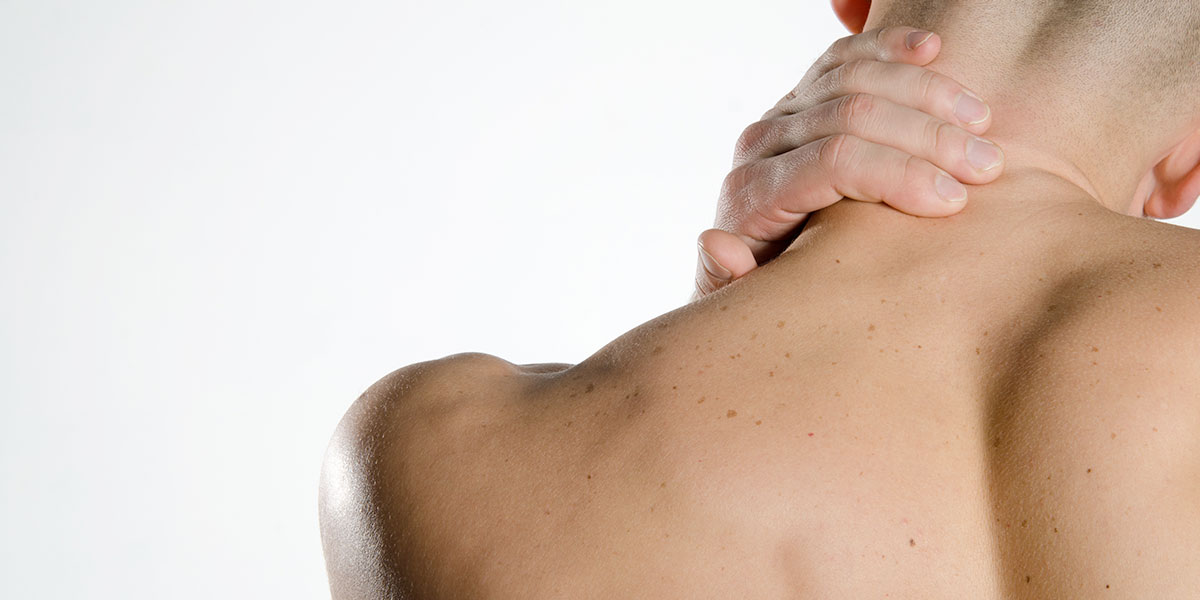
As you go about your day, you may see people massaging their neck and shoulders, or wincing as they try and turn their head. Sometimes you may even see someone forcibly pop their own neck. This popping is an attempt to ease the stress and discomfort of neck pain caused by injuries or poor posture.
Such ‘self-treatments’ for neck pain may provide short-term relief, but it can aggravate and worsen the root cause of the problem.
Head Towards Headache and Migraine Relief with NUCCA Chiropractic

Calling in sick to work today? If the reason you’re stuck on the couch or in a dark room is a painful headache or migraine, you’re not alone. By taking away the ability to focus on even the most basic tasks, headaches and migraines can be a real pain in the neck! Or, is it actually an underlying neck problem that’s causing the pain in your head?
Millions of people suffer from recurring headaches or migraines, with more than 50% of the occurrences being accompanied by neck pain. Issues with your upper spine are often the source of neck pain, and if headache or migraine treatment is not pursued, it could quickly become a chronic issue.

Jaw Pain
Jaw pain, commonly referred to as TMD (temporomandibular dysfunction), can affect anyone and dramatically impacts quality of life. The jaw is a hinge joint that is anchored to the skull by muscles from the head and neck, and misalignments in the upper neck can alter how the jaw articulates with the skull. Signs that there may be stress in the temporomandibular joint include clicking, grinding, and pain with opening and closing the mouth.

Concussions
Concussion Confusion is a public awareness initiative lead by Dr. Mylène Hopf. Many people don’t realize that there is a 30-day window following a concussion in which you are most vulnerable. Do you know what to do? There are many myths about what a concussion is and what to do if you experience one.
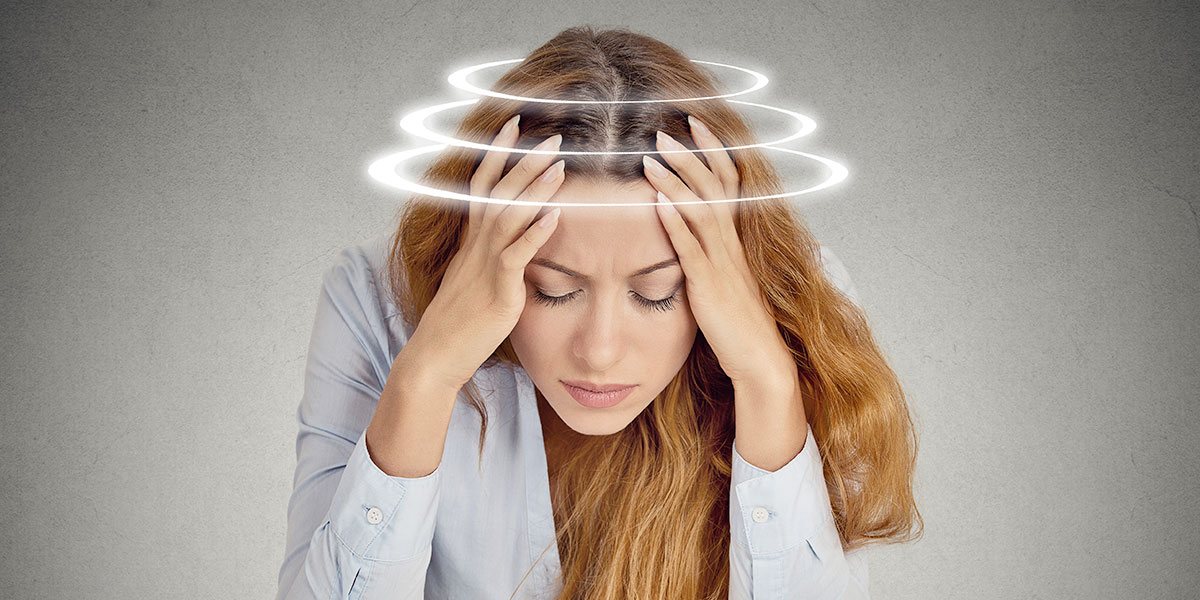
Dizziness
Do you ever feel like the room is spinning? Do you get lightheaded, woozy, or sometimes lose your balance? The feeling of being ‘dizzy’ can be described in multiple ways and can affect people differently. There are several factors that can contribute to your dizziness including inner ear problems, low blood pressure, hormonal changes, and poor posture.
Low Back Pain
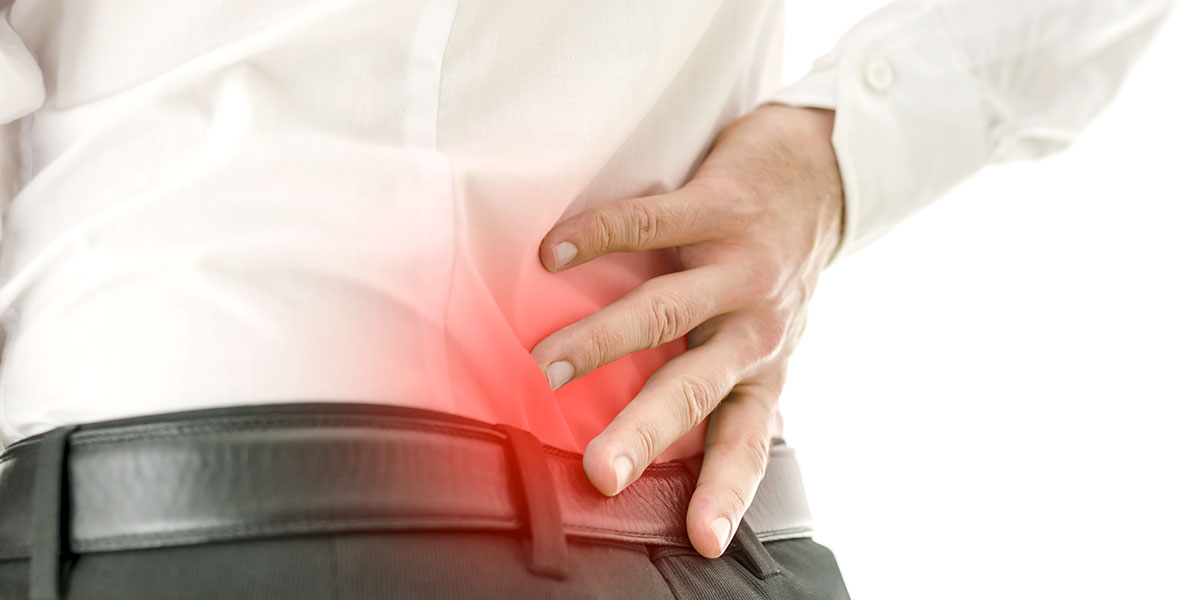
People often wonder how their low back pain could possibly be related to their neck. It’s on the other end of the spine! Well, the two are more related than once thought. The upper neck has thousands of sensors to monitor head position to ensure it remains balanced on top of the neck. Misalignments between the head and neck cause the body to twist and bend to adapt its posture in order to maintain its upright position in gravity.
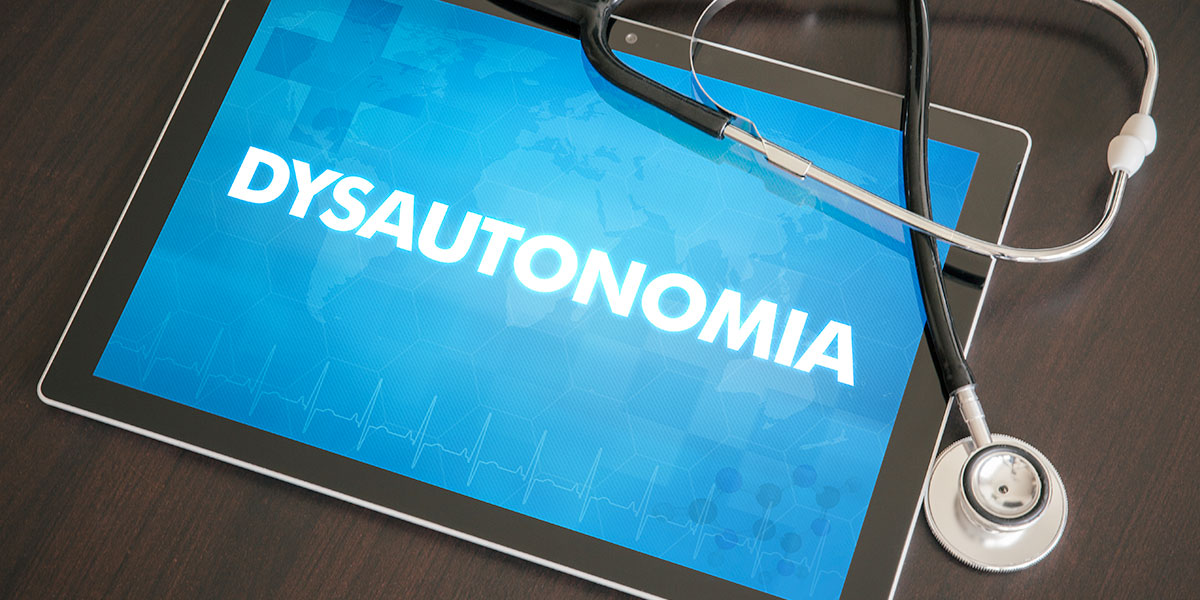
Dysautonomia
Dysautonomia refers to a disorder of autonomic nervous system (ANS) function that generally involves failure of the sympathetic or parasympathetic components of the ANS, but dysautonomia involving excessive or overactive ANS actions also can occur.

